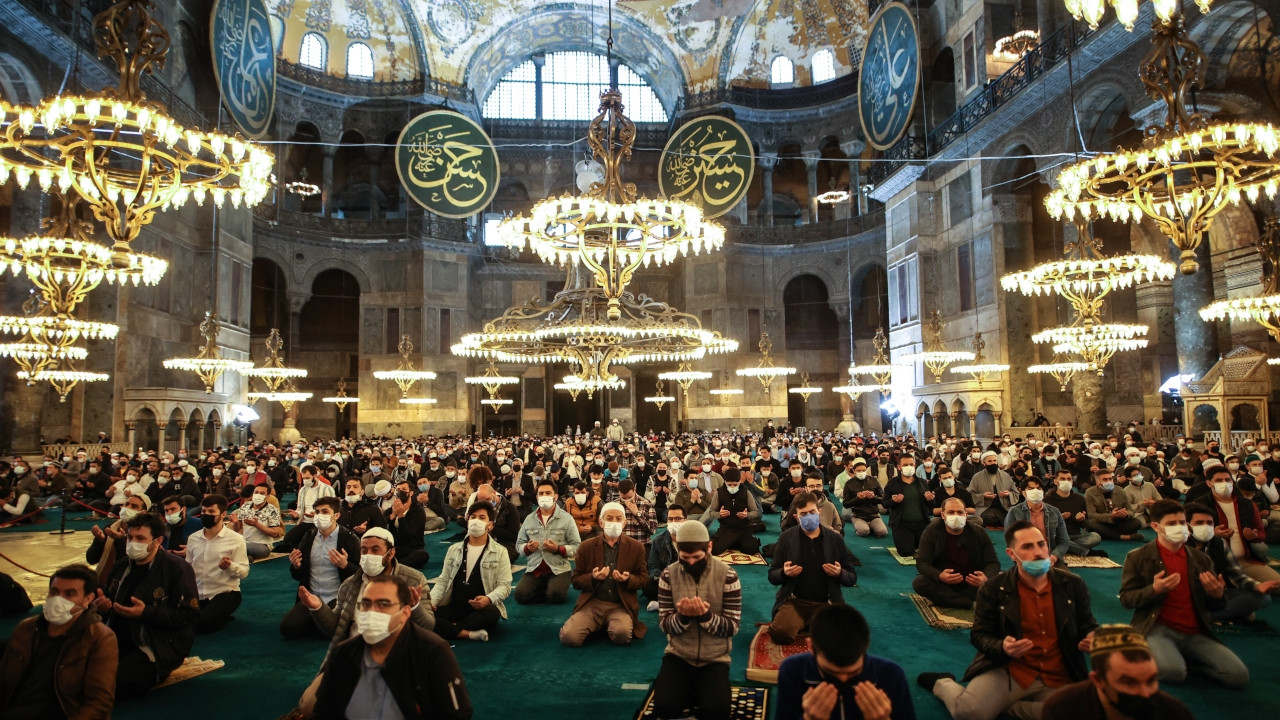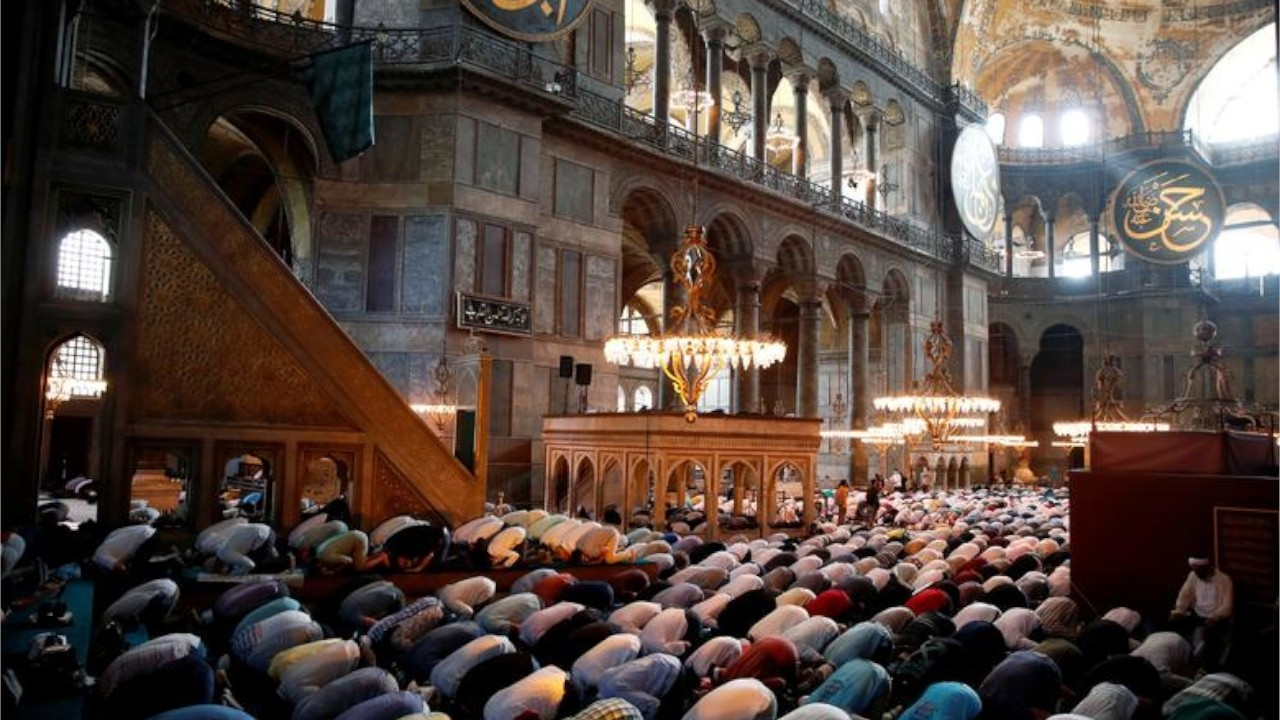UNESCO asks Turkey for report on changes made to Hagia Sophia, Chora for mosque transformations
UNESCO asked the Turkish government to present a report detailing changes made to Hagia Sophia and Chora during their transformations to mosques in 2020. Both World Cultural Heritage sites, the ancient structures were opened to Muslim worship in 2020 upon the request of President Erdoğan.
Duvar English
The United Nations Educational, Scientific and Cultural Organization (UNESCO) asked the Turkish government to present a report detailing alterations made to Hagia Sophia and Chora during their transformation into mosques in 2020, Deutsche Welle reported on July 24.
Listed as UNESCO World Cultural Heritage Sites, Hagia Sophia Museum and Chora Museum were transformed into mosques with decrees issued by President Recep Tayyip Erdoğan in 2020, prompting protest not just in Turkey but also worldwide.
The ruling Justice and Development Party (AKP) government insisted that neither of the structures was damaged during the transformations, although many of the iconic artworks in both structures were covered up.
UNESCO asked the Turkish government to present an official report detailing the changes made for the transformations, setting Feb. 1, 2022 as a deadline.
The entity expressed "deep concern" over the effects of the transformations, adding that they were deeply saddened by the fact that Ankara and President Erdoğan failed to inform or consult with UNESCO before or during the alterations.
UNESCO suspects the alterations to the structures may have impacted their "Outstanding Universal Value," and encouraged international dialogue and cooperation before making any substantial changes.

 Thousands attend Eid al-Fitr prayers at Istanbul's Hagia Sophia despite COVID-19 full lockdownDomestic
Thousands attend Eid al-Fitr prayers at Istanbul's Hagia Sophia despite COVID-19 full lockdownDomestic UNESCO wants to examine Turkey's alterations to Hagia Sophia, ChoraCulture
UNESCO wants to examine Turkey's alterations to Hagia Sophia, ChoraCulture